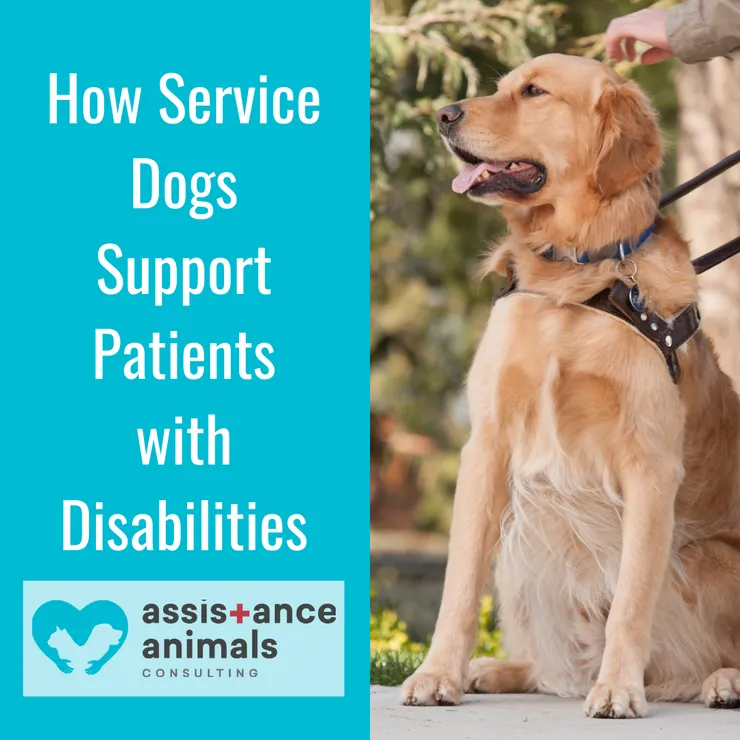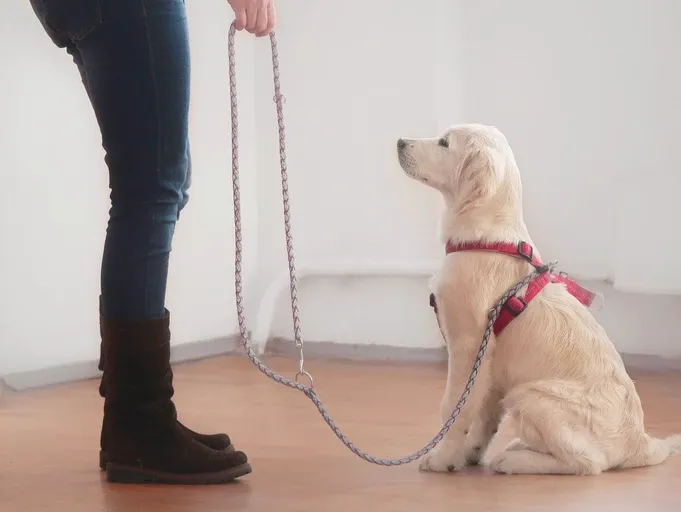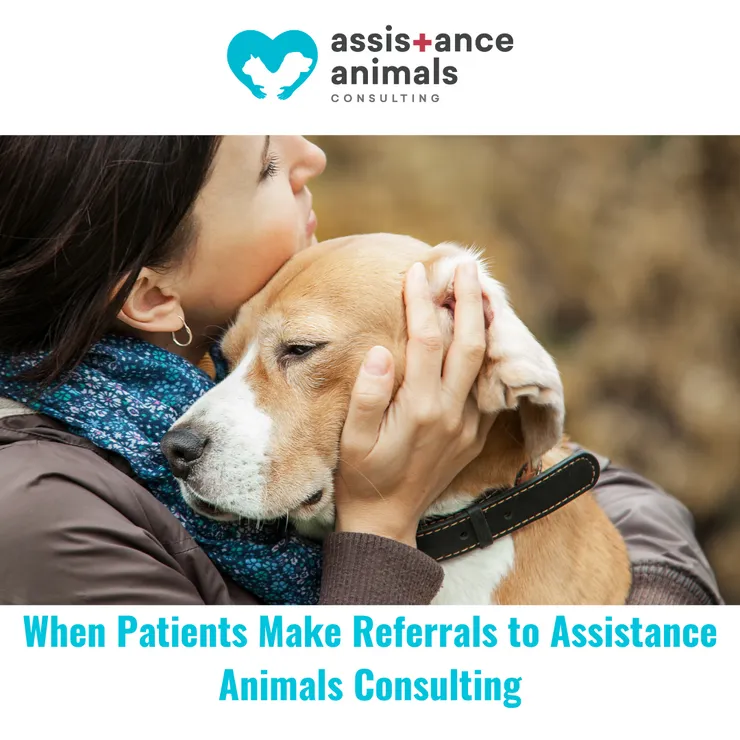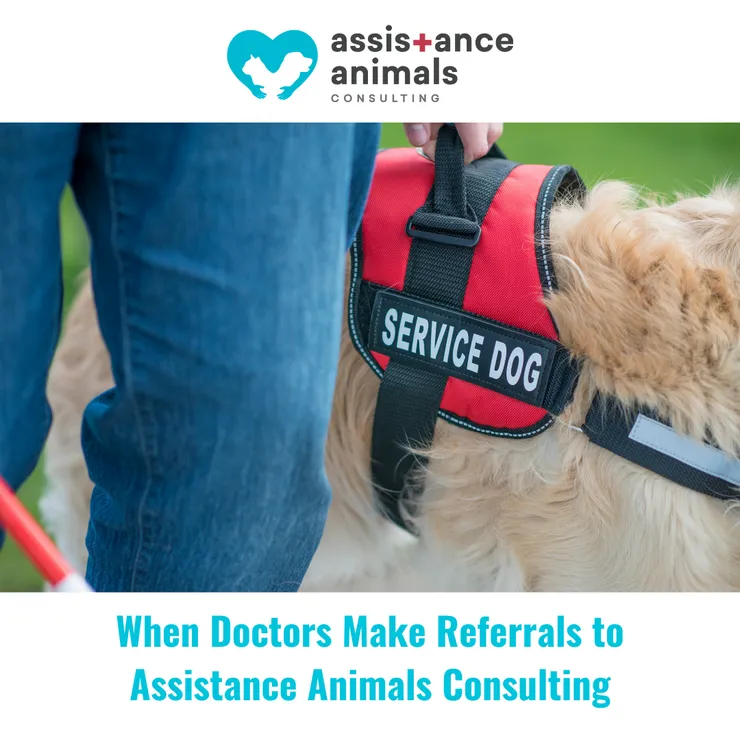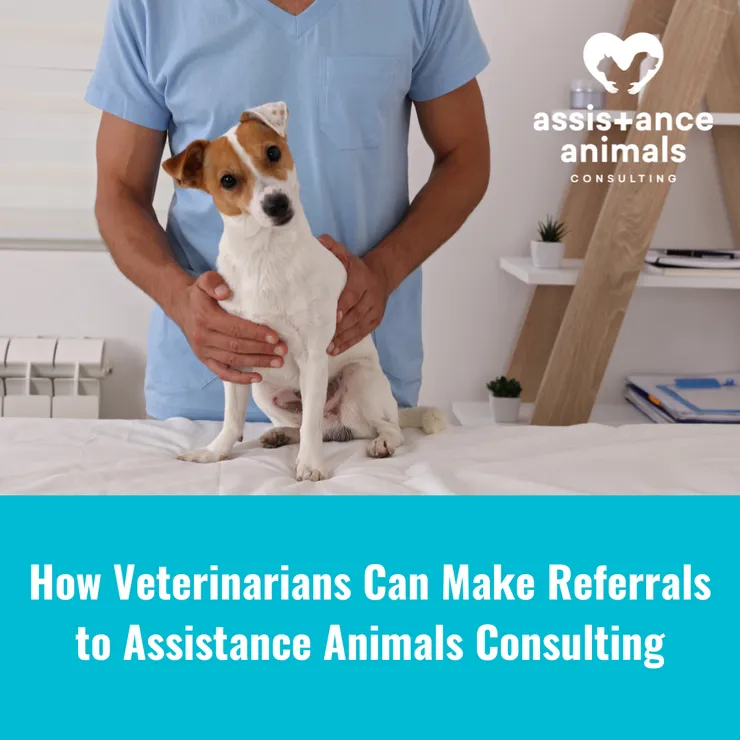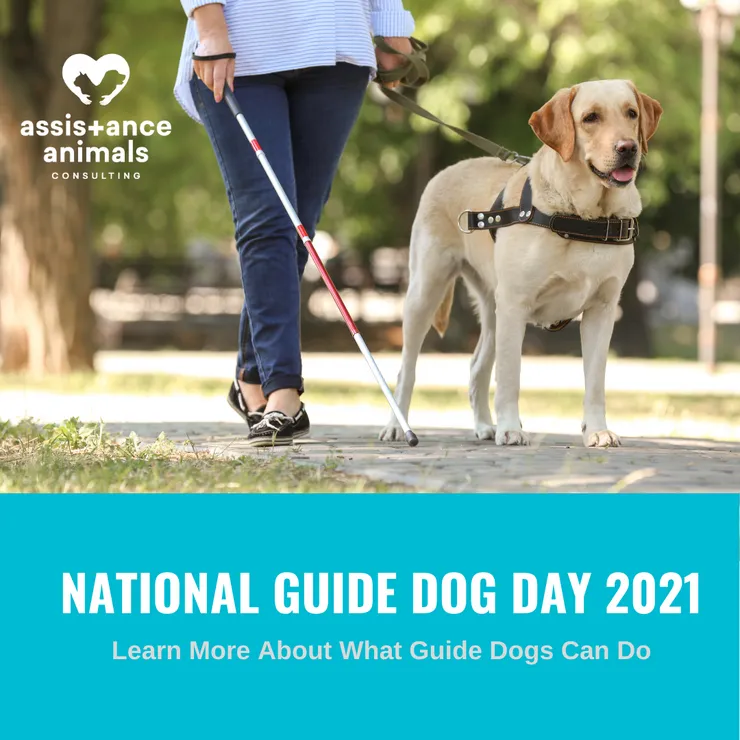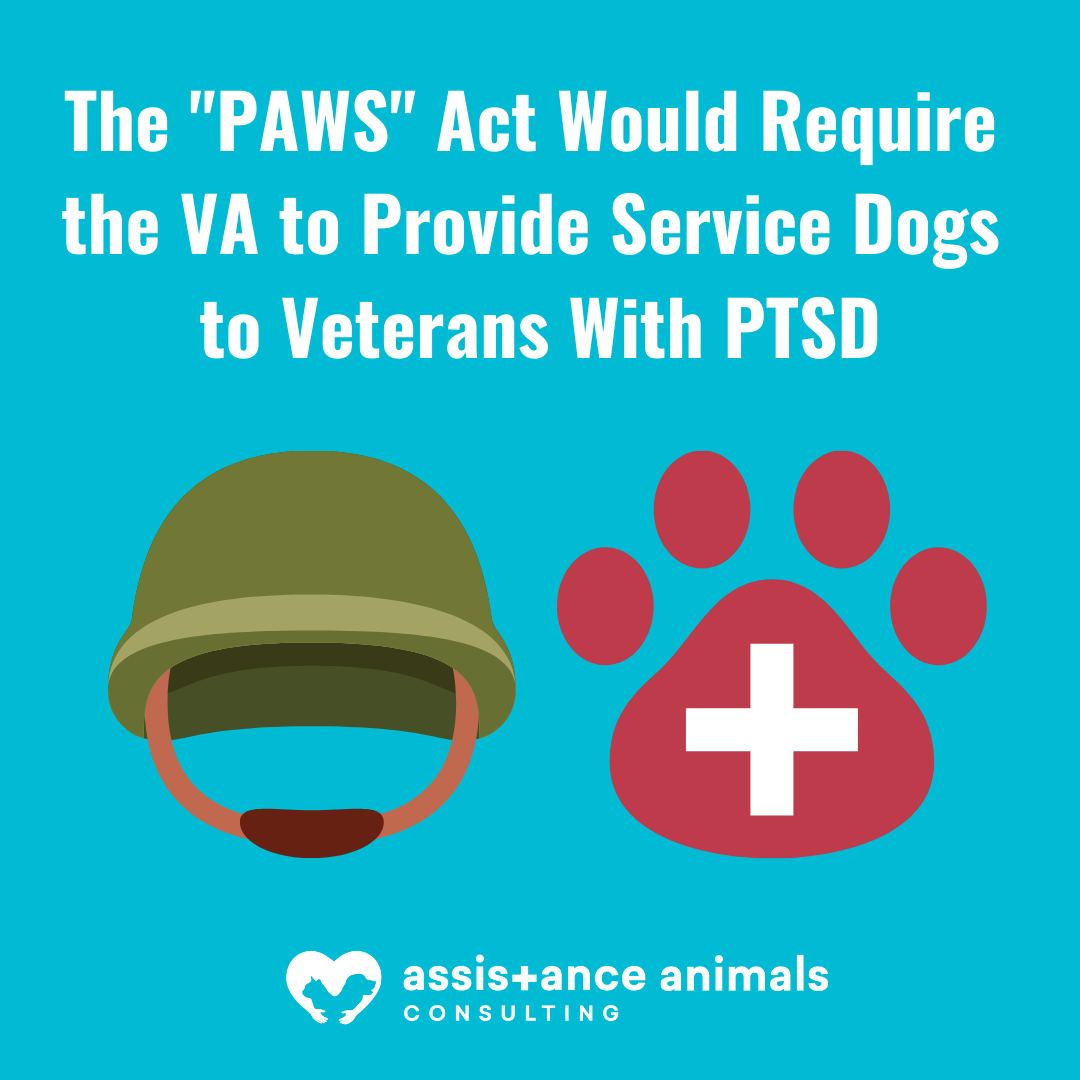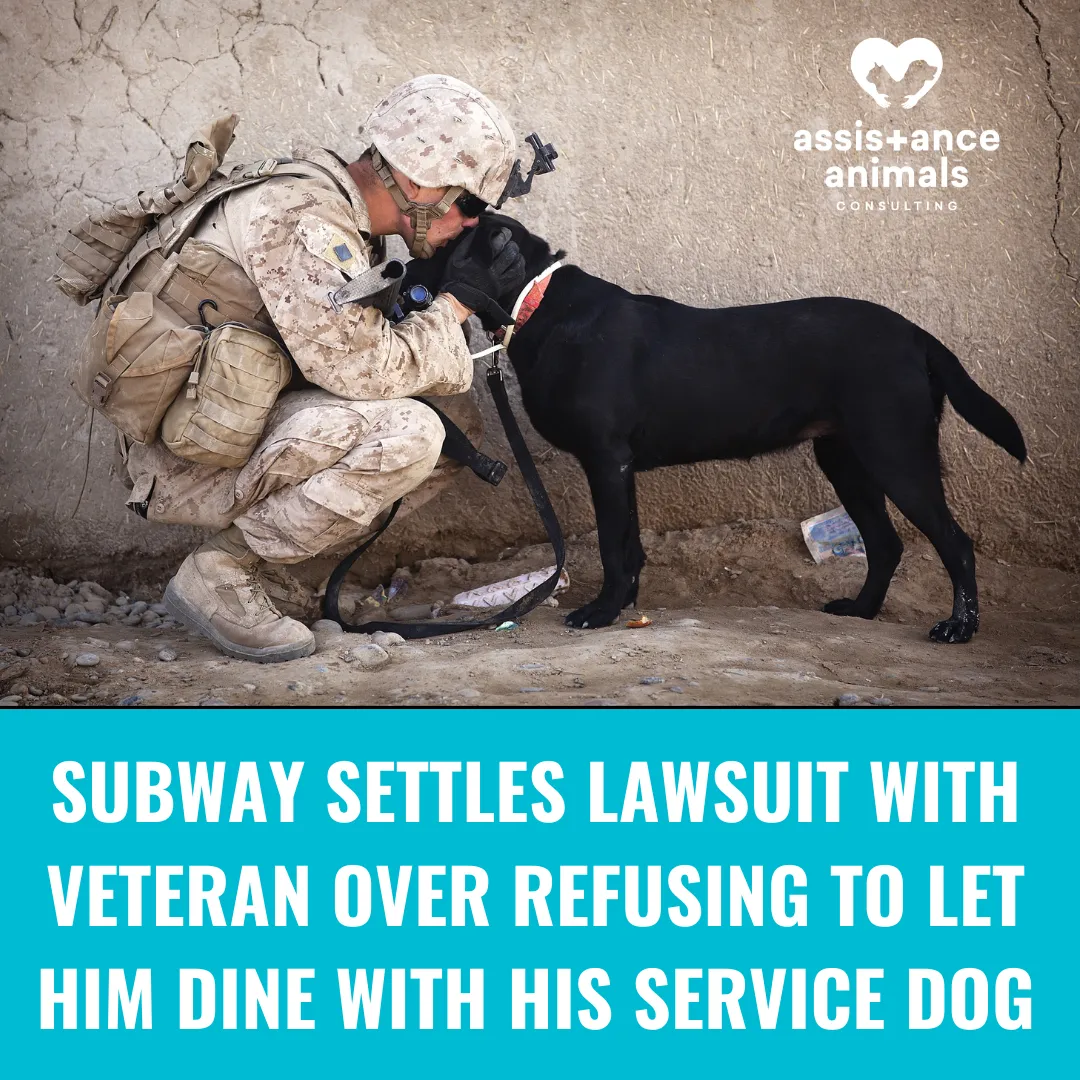In my work as a veterinarian, I understand the responsibilities of my profession is to advocate for animal health and welfare; and aid in the prevention and relief of animal suffering. These obligations are clearly stated in the veterinary oath. February is National Dog Training Education Month. In celebration of National Dog Training Education Month, let’s discuss why it is important to involve a veterinarian as an animal advocate, when training a dog as an assistance animal.
3 ways veterinarians advocate for dogs while training to be an assistance animal
3 ways veterinarians advocate for dogs while training to be an assistance animal
Veterinary Oath
Being admitted to the profession of veterinary medicine, I solemnly swear to use my scientific knowledge and skills for the benefit of society through the protection of animal health and welfare, the prevention and relief of animal suffering, the conservation of animal resources, the promotion of public health, and the advancement of medical knowledge. I will practice my profession conscientiously, with dignity, and in keeping with the principles of veterinary medical ethics. I accept as a lifelong obligation the continual Improvement of my professional knowledge and competence.
At Assistance Animals Consulting, we are veterinarians, recognized experts, uniquely qualified to serve the community, by providing resources for education, behavioral understanding, and guidance; regarding assistance animals.
#1: Veterinarians will advocate for the dog’s health and welfare during training exercises.
Currently, the pet training industry is unregulated. Anyone can say they are dog trainers, and offer recommendations and guidance on dog behavior. With this unregulated industry, there are many different opinions on training techniques. In relation to assistance animals, these dogs need basic obedience training; to reliably respond to the most common basic commands such as sit, down, come, and stay. Some of these dogs require more extensive task training to appropriately support a handler with a medical condition. A veterinarian should be a primary resource to support you in finding a reputable dog trainer who can provide an assistance animal with unobjectionable training. A veterinarian should also be able to direct you to a dog trainer that utilizes dog training techniques, rooted in scientific methods. These training methods should avoid aversion techniques; adhere to the veterinary oath, and prevent animal pain and suffering. Ultimately, a veterinarian will advocate for the dog’s health and welfare during training exercises.
#2: Veterinarians will advocate to prevent the dog from suffering from inappropriate training techniques.
A veterinarian will advocate to prevent the dog from suffering from inappropriate training techniques. The Position Statement by the The American Association of Veterinary Behaviorist states: “It is vitally important that veterinarians be knowledgeable about the qualifications and behavior modifications methodologies used by non-veterinarians to whom they refer clients. Non-veterinarians often play an integral role in the animal health care team. However, if outdated and inhumane methods are used by such individuals, they can cause irreversible harm to the patient and result in client injury.” This statement essentially means a veterinarian should have already researched the trainer in which they are recommending for you. A veterinarian doing diligent research should be recommending dog trainers that utilize training techniques that are devoid of causing suffering to the assistance animal. This statement also supports the need to partner more effectively with veterinarians when selecting and working with an assistance animal trainer. A responsible veterinarian will be your dog’s advocate, to prevent needless suffering from inappropriate training techniques.
#3: Veterinarians will advocate for the relief of a dog suffering from inappropriate training techniques.
Lastly, a veterinarian will advocate for the relief of a dog suffering from inappropriate training techniques. In the event a training technique is utilized which appears to be causing harm to the dog, a veterinarian will advocate for the removal of this training technique. Every pet is different, and therefore, may respond differently to the many training techniques. It is the responsibility and obligation of the veterinarian to advocate for the dog that is having a negative response to any behavior modifying training technique. A veterinarian in this role, as the assistance animals advocate, helps to prevent the potential for long term damage to this working animal. The veterinarian can also support the trainer by making suggestions for alternative training techniques or provide guidance through the use of board certified veterinary behaviorist.
Assistance Animals Consulting
A good dog trainer can be a valuable resource for providing guidance to your dog’s overall health and well-being. With the support of veterinary guidance, you should be directed towards these types of dog trainers. Dog trainers are professionals who should be held accountable for the training methods they use. In training an assistance animal, it should be a collaborative process involving a veterinarian, dog trainer, handler, assistance animal, and at times a human healthcare professional.
Assistance Animals Consulting are veterinarians advocating for the responsible training of assistance animals. As veterinarians, we collaborate, evaluate, educate and advocate for successful human-animal partnerships and interactions. As your veterinary partner, we apply the contributions of the veterinary profession to provide education, training and guidance specific to supporting individuals using assistance animals. At Assistance Animals Consulting, our veterinarians apply the contributions of the veterinary profession to help maximize the therapeutic applications of the human-animal bond. Contact us today. Let’s Talk!
#NationalDogTrainingEducationMonth
References:
https://www.avma.org/KB/Policies/Pages/veterinarians-oath.aspx
https://www.dacvb.org/page/PositionStatement
https://avsab.org/wp-content/uploads/2018/03/How_to_Choose_a_Trainer_AVSAB.pdf
